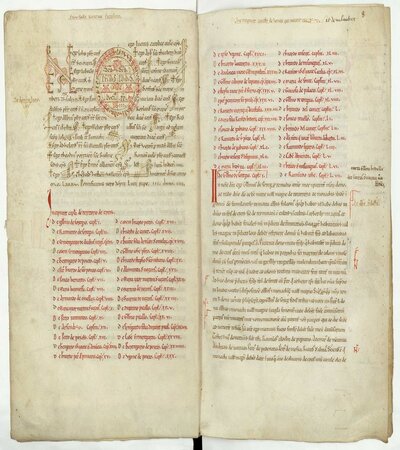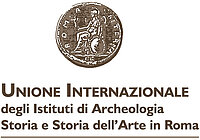MECA. Medieval European Cartularies
- Section: Middle Ages
- Director: Paul Bertrand, professor, Catholic University of Louvain; François Bougard , director of the Institute for Research and History of Texts; Jean-Marie Martin, Director of Research Emeritus at CNRS (UMR 8167)
Presentation
MECA or Medieval European Cartularies is a European scientific enterprise which aims to facilitate and contribute to structuring the current dynamism in research on medieval cartularies – which are “archive books”, written and kept by individuals or secular or religious institutions to contain copies of the essential charters they received.
MECA aims, in line with the work carried out on the cartularies over the last thirty years, to develop the inventory of handwritten cartularies on a European scale (by starting work with three partners already involved) and to put online, in an interoperable, dynamic and sustainable way, base CartulR, in a new edition: the cartulaires de l’espace italien and the cartulaires de l’espace belge will be the subject of an inventory and a publication within this framework.
As part of this partnership, several meetings were held in Rome to build the grids for entering the Italian cartularies while additional funding (in particular the consortium COSME) was allocated for the redesign of the database, its adaptation within the context of MECA and the integration of data relating to the integration of wallons cartularies.
The preparation of a database of Italian ecclesiastical cartularies is well under way, under the supervision of J.-M. Martin and C. Carbonetti: the EFR supports this essential undertaking within the framework of MECA; MECA's scientific partners participate in the methodological analyses that accompany it.
At the same time, MECA aims to connect the various European researchers working on this theme, to clarify and extend the work on this subject within the framework of studies on writing practices. The première journée d’études (study day) took place in 2018, it will be followed by another study day as well as a summer school in diplomacy during 2019-2020. In addition, a major international conference will close this first section of research.
This project is the beginning of a larger project that aims to identify and study, in a global and comparative manner, all the medieval cartularies of European, including all the other partners involved in the work. To do this, a first H2020 type proposal, MECA, was submitted in 2018 by all the partners of this project as well as others, alas unsuccessfully, but new, reconfigured proposals will be submitted to the funding agencies in 2019-2020.
Partnership
The project initially brings together the efforts of three “founding” teams (équipe de chercheurs universitaires italiens around C. Carbonetti (Università di Roma 2 - Tor Vergata) and J.-M. Martin (CNRS, UMR 8167), a French scientific team (around the IRHT - and in particular its section de diplomatique)) led by F. Bougard and CIHAM de l’université de Lyon, led by J.-L. Gaulin) as well as a Belgian scientific team (around the centre PraME de l’Université de Namur, led by J.-F. Nieus and the “H37/Histoire et Cultures Graphiques” research group at the Catholic University of Louvain in Louvain-la-Neuve, dirigé par P. Bertrand).
As part of the preparation of the common European project H2020 that MECA filed in 2018, English, German and Spanish partners were asked to participate.











